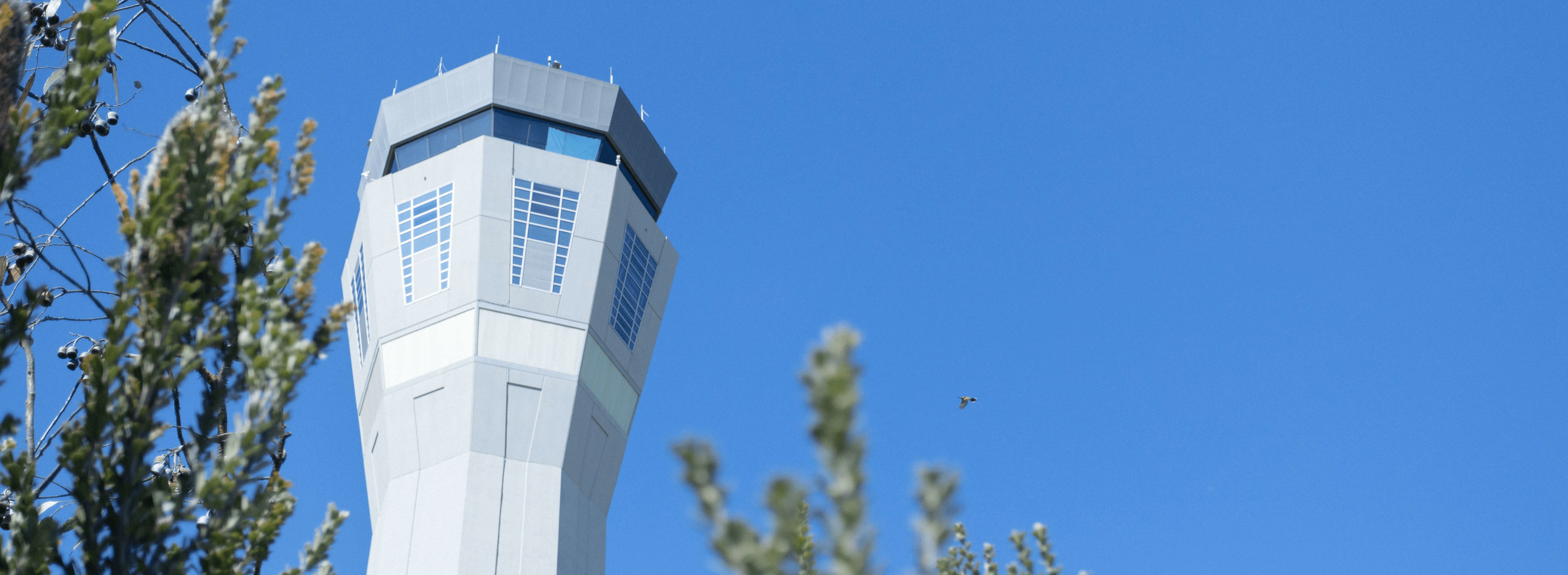Top 4 airports combined increased by 57.7% comprising:
73.3% increase in Melbourne
42.2% increase in Brisbane
76.2% increase in Sydney
(Kingsford Smith)
28.9% ncrease in Perth
We have continued to keep our skies safe and deliver efficient services.
Total movements
to 3.78 million
compared to 2021-22
Top 4 airports combined increased by 57.7% comprising:
73.3% increase in Melbourne
42.2% increase in Brisbane
76.2% increase in Sydney
(Kingsford Smith)
28.9% ncrease in Perth
Change from 2021-22
Domestic aviation traffic
1% increase
From pre-pandemic (2018-19)
International aviation traffic
28% reduction
From pre-pandemic (2018-19)
General aviation
8% reduction
From pre-pandemic (2018-19)

Like other organisations with the aviation sector ecosystem, our financial performance continues to remain challenging with some volatility in traffic recovery during the year.
(40.8% improvement
compared to 2021-22)
Implemented $8.7M cost savings, with additional $12.7M delivered
as increased capacity benefits from Support Services
We support a range of customers who derive value from our services.
99.4% published ATS services to industry
99.1% ARFF services to industry at the correct service levels
82% planned capacity
Equipped with high reach extendable turret (HRET) technology for Western Sydney International Airport.
With the roll out to 700 aerodromes completed by August 2023.
Multiple detection sensor types (radiofrequency, radar and optical cameras) utilised concurrently to detect and identify drones, and to synthesise the information into a single common operating picture.
Successfully completed in-field trials with industry partners for the Flight Information Management System (FIMS) to support the safe integration of uncrewed aircraft into shared airspace
We are continuing our culture transformation journey to build a safe and inclusive workplace for all.
With an additional 300 underway.